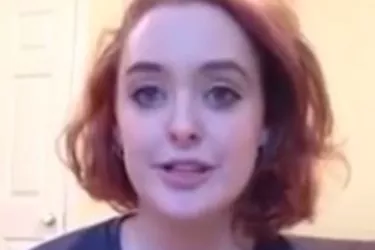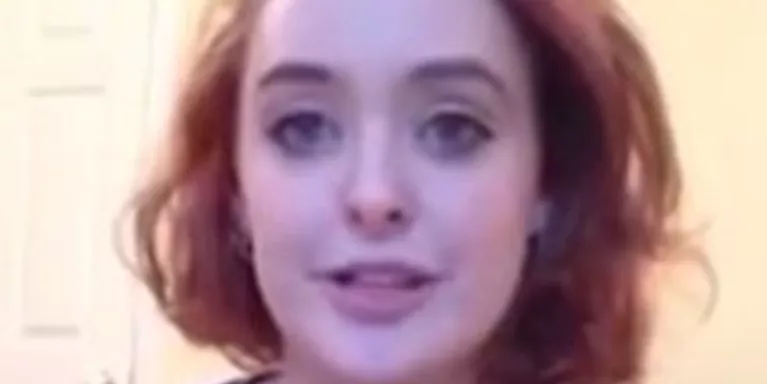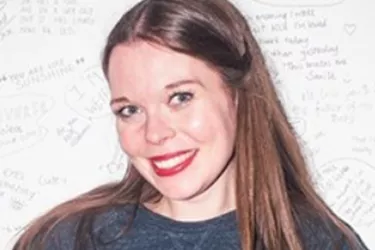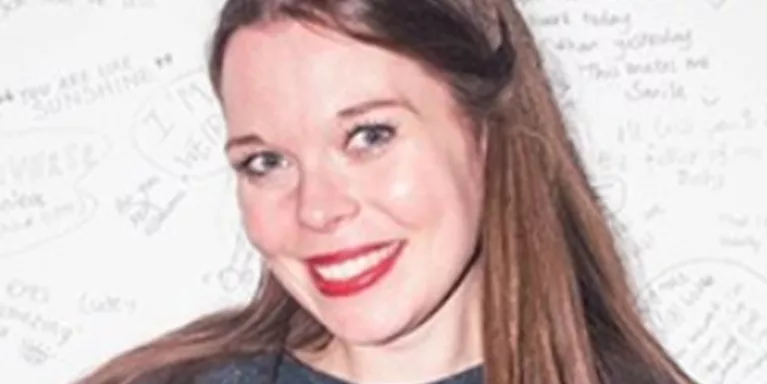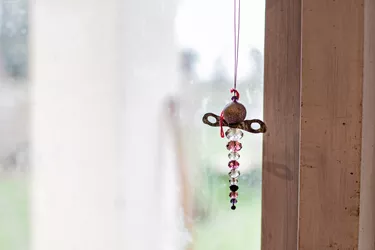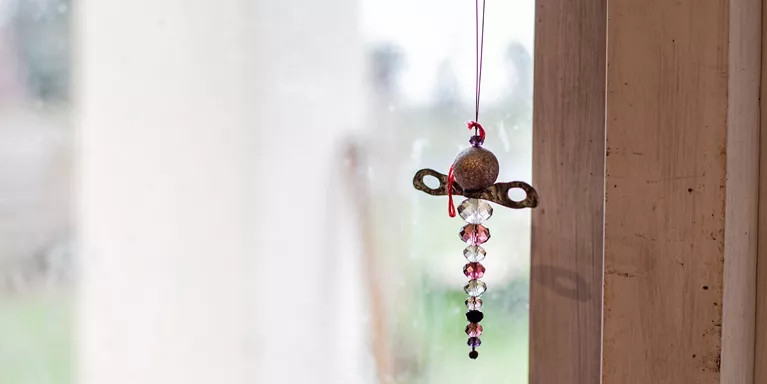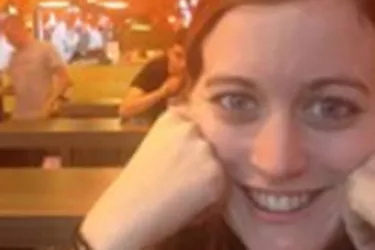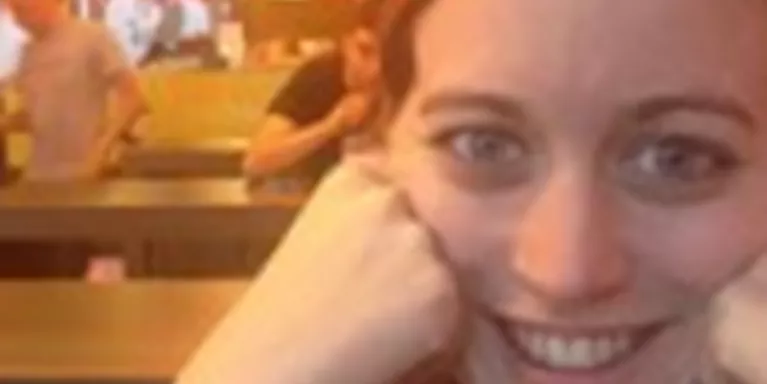I am anorexic and I'm not underweight
Abbie blogs about how she learned to help herself and others cope with what’s known as atypical anorexia.
This blog includes general discussion about weight.
2020 was the worst year of my life. But it also saved my life.
I have always been loyal to society, putting others’ expectations and judgments before my own my whole teenage life - and I think that led to me developing an eating disorder.
The thoughts I fed myself were pure poison. At the age of 14, I developed a fear of gaining weight and became obsessive over exercise, which took over my life.
What it means to be atypical
I ended up in hospital with severe malnutrition, dehydration and ill mental health. I developed scary side effects, such as loss of my hair, stained teeth, bruised skin and digestion problems.
But, the one major definer of what separates me from the stereotype of having an eating disorder is the word ‘atypical’. My official diagnosis is atypical anorexia nervosa – meaning I fit no physical criteria to be treated for an eating disorder; I am not underweight.
The stereotype that to struggle with disordered eating you have to be a certain weight is a huge misconception
This isn’t actually unusual. The stereotype that to struggle with disordered eating you have to be a certain weight is a huge misconception. But not enough people understand this.
That one word, atypical, stopped me from getting help. Hospitals turned me away and told me to ‘just eat’, peers disbelieved my story, inpatient help was denied due to my BMI – all this created a bitter relationship between me and my mental health.
I wanted to get better, but my anorexia wanted me to get worse. In my head, if I lost more weight, someone would eventually believe me
I wanted to get better, but my anorexia wanted me to get worse. In my head, if I lost more weight, someone would eventually believe me. I would finally get the help I so desperately needed. My mental health was taking over my life. I lost purpose, strength, energy and weight, relationships, trust, respect and opportunities. I was a ghost of myself, fighting to possess a different body, a different person, a different me.
Finally getting the help I needed
During the first national lockdown, I finally received help and was labelled high risk. Since June, I have been in therapy and started working on my recovery. I had a major relapse in September, resulting in me dropping out of university due to bullying and being physically and mentally ill. What I felt, was the cutting edge of hopelessness. I became depressed, demotivated and ultimately disconnected. I refused to get out of bed. I thought that period would never end. Until I found the missing puzzle piece.
Three months ago, I built a website to help others struggling with eating disorders. It took hard work and resilience, especially due to my mindset and deteriorating health, but I have a passion for writing and the results were amazing. Since sharing my story with the world, releasing weekly articles and creating guides to those who are struggling from eating disorders, my body-positive mental health blog has inspired loads of young people to reach out for help and amazingly commit to full-time recovery.
My writing and platform likewise helped me start recovery too, and now I’m doing better than ever.
My ‘atypical’ platform is full of strong, determined, people who feel as if they are unworthy of getting help for their mental health, and that is my sole reason for opening up about my past and sharing my advice. We are the outcasts to mental health stereotypes, which means we have to fight for our voices to be heard.
Every day, I think about food. I have setbacks, I cry, I feel anxious, I think about my rules and I suppress urges to relapse. But at the same time every day, I write a new chapter of my survivor story and inspire young people to recover. And this was the final piece to my puzzle.
If this pandemic had never happened, I never would have got help. It’s taught me to fight for what I believe in and step outside of my comfort zone.
Teaching others to cope
In tribute to this, I named my blog ‘atypicalaj’. My name is Abbie Jade Harris, and for the first time in my life, I’m proud to be labelled atypical. Every day, I interact with young people who need guidance, support and help for their own mental health, and they inspire me right back!
Since committing to recovery, I have trained to become a youth mental health first aider
Since committing to recovery, I have trained to become a youth mental health first aider, teaching young people ways to cope with depression, anxiety, suicidal feelings, self-harm and eating disorders.
Pursuing my passion saved me.
For anyone looking for a safe space to access mental health support or join a community of strong survivors, my website is atypicalaj.com, and feel free to follow my instagram at @abbiejade_harris for more body-positive, mental health and recovery-related posts.


Information and support
When you’re living with a mental health problem, or supporting someone who is, having access to the right information - about a condition, treatment options, or practical issues - is vital. Visit our information pages to find out more.
Share your story with others
Blogs and stories can show that people with mental health problems are cared about, understood and listened to. We can use it to challenge the status quo and change attitudes.










